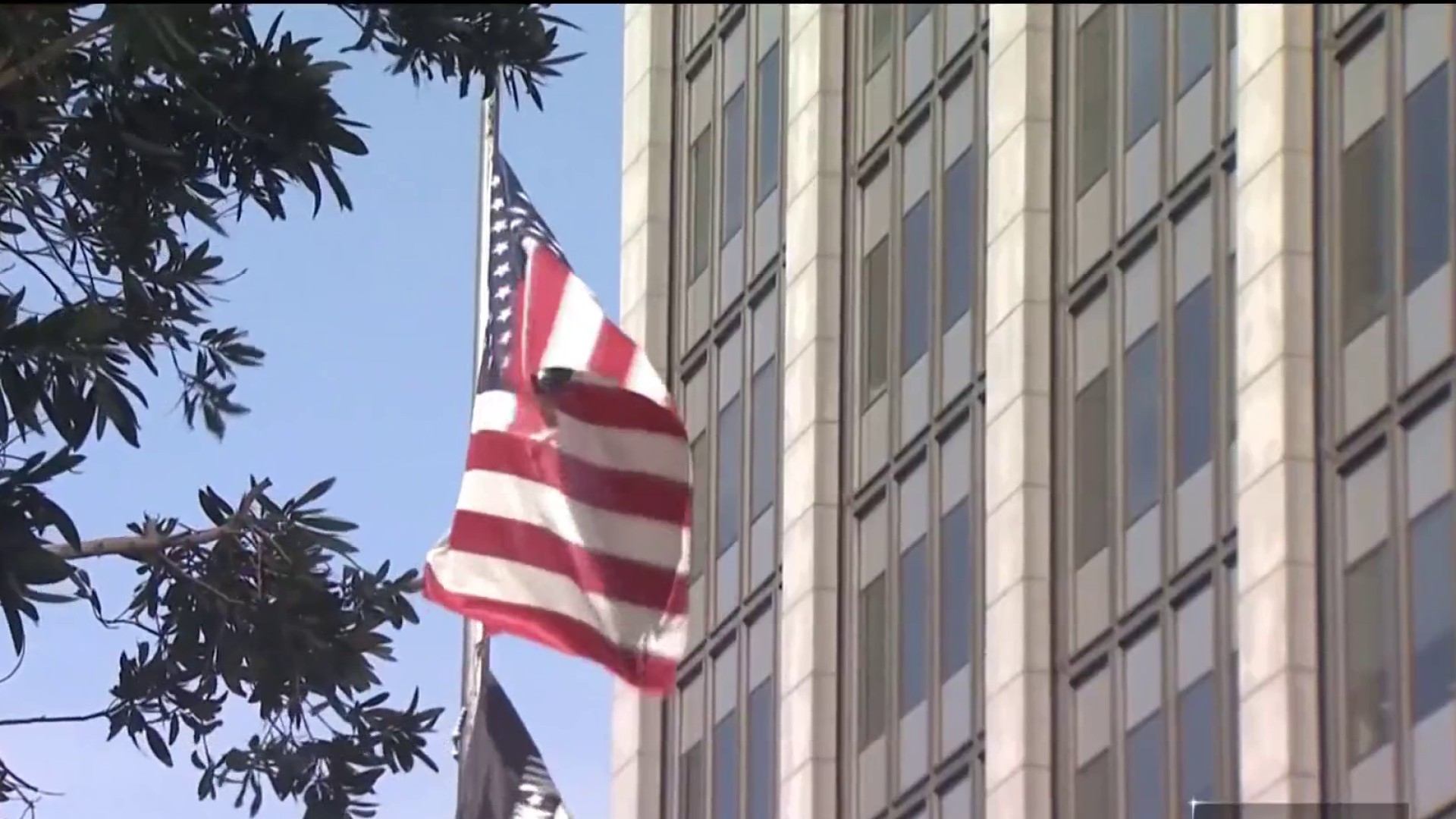NBC Bay Area's quake map shows all earthquakes recorded near the San Francisco Bay Area over the past 24 hours.
The earthquake swarms in one San Francisco Bay Area city keeps rising, and according to the US Geological Center's past historical data, has shattered old records.
As of Wednesday, the USGS noted that San Ramon, about 45 miles from San Francisco had experienced 446 quakes, including 86 quakes that were a magnitude of 2.0 or higher, since Oct. 13. A total of 28 earthquakes have been documented alone since Tuesday.
San Ramon had previously set a record in 2003 when a swarm of 120 earthquakes struck there over 31 days.
Before now, the biggest swarm on record in the same general area had been in 1990 in neighboring Alamo, about 30 miles east of San Francisco. That's when 351 earthquakes struck over 42 days, with the largest recorded at a magnitude of 4.4.
The current numbers in San Ramon top both those historical swarms.
However, Senior USGS Senior research geologist David Schwartz said there's a big caveat to the old numbers: The technology wasn't as good then. So there's no way to know if there were more quakes smaller quakes that struck 25 years ago, because the equipment back then wouldn't have detected it. A small quake is anything than than less than a magnitude 2.0.
Local
Still, the current San Ramon swarm surpasses the old record set in 2003.
What Schwarts is more interested in is how large the earthquakes have been, not simply the number. And in that respect, the 1990 Alamo swarm beats the current San Ramon one. Back then, the largest Alamo quake was recorded at a magnitude of 4.4, and people reported having their chimneys knocked down.
None of the current San Ramon quakes have risen to that level or caused any reported damage or injury. But some people - and pets - have felt the ground rumbling.
"I've not felt so many tremors in decades," Mark Stone said outside a San Ramon Starbucks on Tuesday morning. "My dog, Gimmel, she's the first one to know a couple of seconds before."
Gimmel might be a busy pet for a while.
The USGS noted that "based on the characteristics of historical earthquake swarms in this region, the current swarm may continue for several more weeks."
Scientists, however, added that it is unlikely that the swarms are a foreshock to a large, damaging earthquake.
NBC Bay Area's Stephanie Chuang contributed to this report.
[[315088821,C]]



